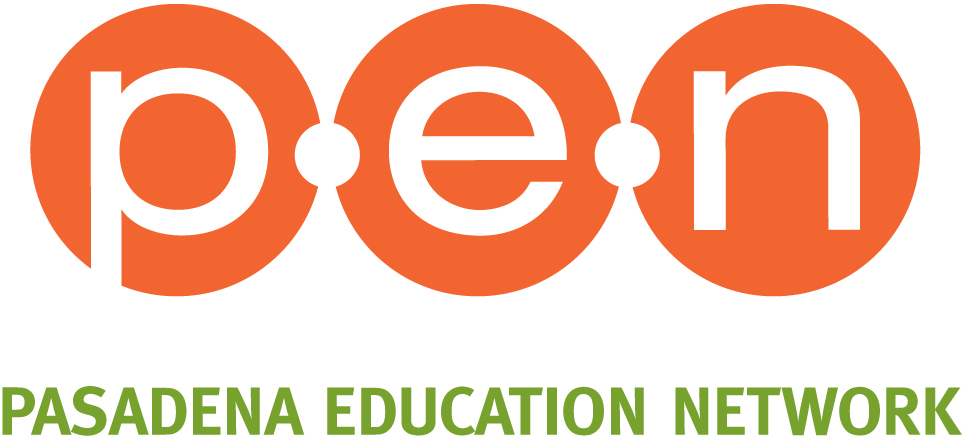More than one way to make a difference
We've all heard some variation on the theme of "parent involvement" being a key factor in student success. But what does it mean for a parent - or other key adult in a child's life, be it a guardian or other family member - to be "involved"? What about parents who work full time, or aren't in a position to volunteer at school?
PEN uses the term "engaged" rather than "involved." To be sure, the parents and guardians who can volunteer in the classroom or play an active role in PTA make a HUGE difference in our schools. (For just a few examples, check out PEN's "parent projects" page.)
But paying attention, staying informed, listening and setting appropriate expectations for your children and staying in communication with their teachers, advocating as necessary and (as your children mature) helping them learn to advocate for themselves - these are the essential elements of engagement, the way that you, as a parent or guardian, make a critical difference for your child.
So - even if you can't make the meetings - join PTA, listen to the phone calls, introduce yourself at back-to-school night, log in to Parent Portal, make sure that the school, teachers, room parents, and PTA have your contact info and that whatever forms of communication they're using (email, text, Peachjar, Shutterfly, classroom Dojo, Facebook, etc.) are on your radar. Step up when and as you can, but know that your engagement as a parent or guardian comes first, your (volunteer/leadership) involvement second.
There is another way that engaged parents - even those who can't be on campus during the day - can have an impact on their children's schools, and on the district as a whole: by sharing our observations and children's experiences with others. This is what PEN's parent ambassadors do, during tours, at PEN programs, or when contacted by prospective parents. But again, you don't have to be an official "ambassador" to say something nice about your child's teacher or school in conversation with a friend, neighbor, or co-worker, or to share a good experience on social media. ("Liking" and sharing your friends' stories helps to spread the good news, and using the hashtag #wearepusd will link your story to others from around the district.) You can also have a positive impact by going on Yelp or GreatSchools and entering a positive review of your child's school.
On the flip side, if you have a concern or issue with something that is happening in your child's classroom or school (or in the district), venting your frustration on social media is not a constructive choice. PEN does not advocate on behalf of individuals or individual schools, but if you don't know where to start or feel you have hit a dead end trying to resolve an issue, let us know, and we will try to help you figure out who best to approach and how to engage effectively.
If you have a really good story to tell, consider writing a letter to the editor, like public school convert and Altadena/Blair parent Victoria Knapp did - or share it with us, like Webster/Marshall parent Cindy Guyer did. Remember, there's more than one way to make a difference!
